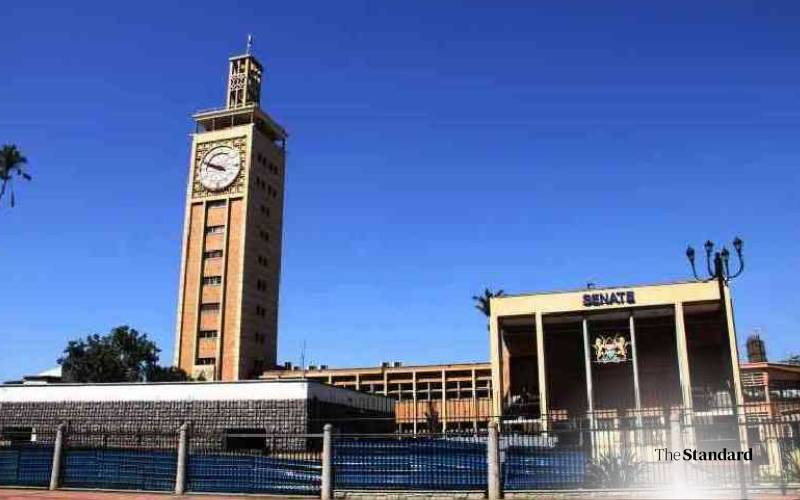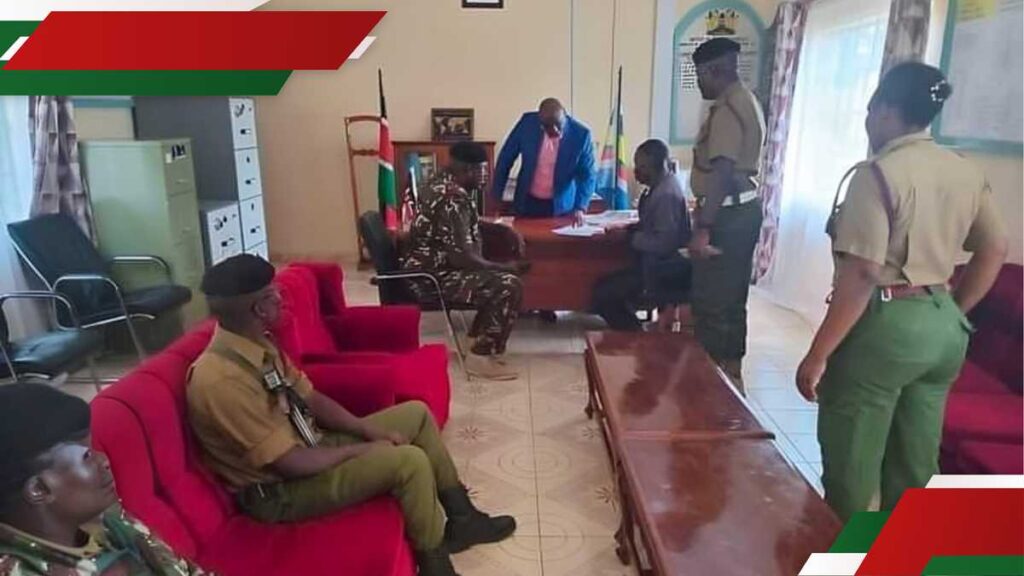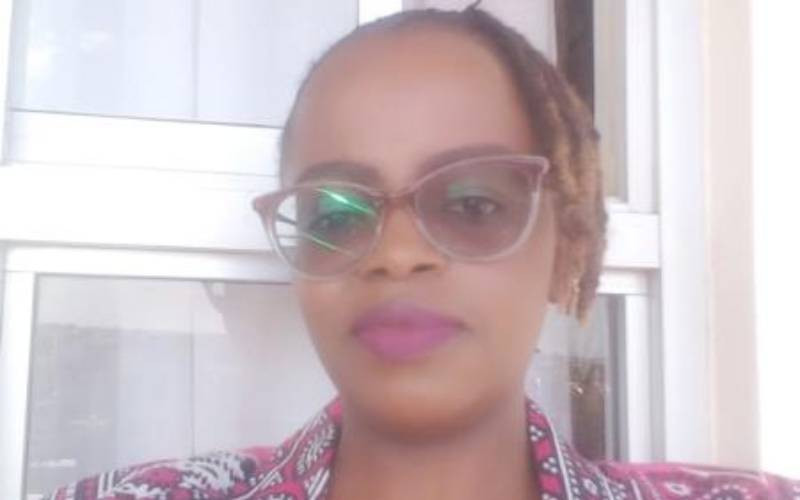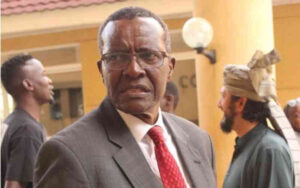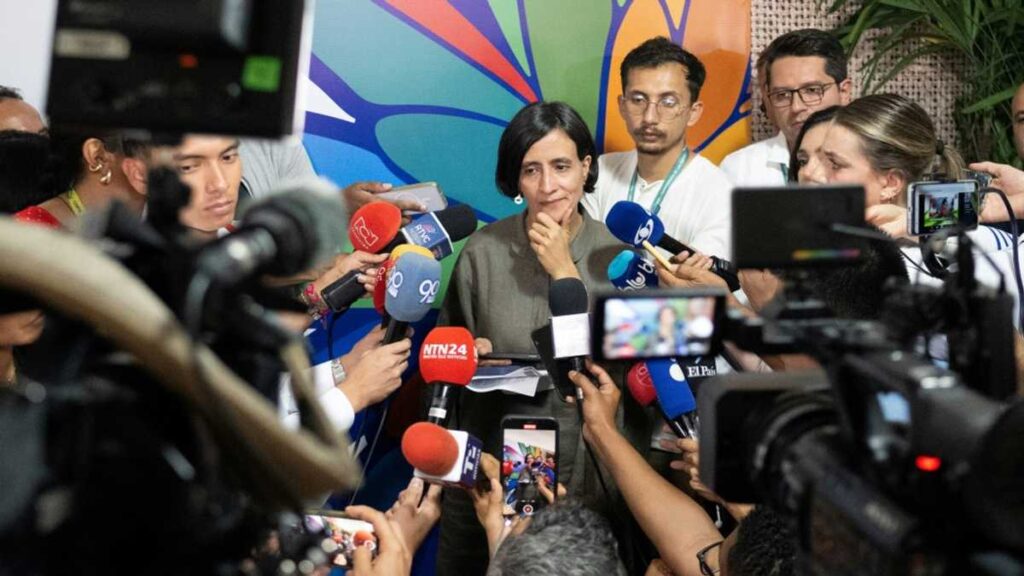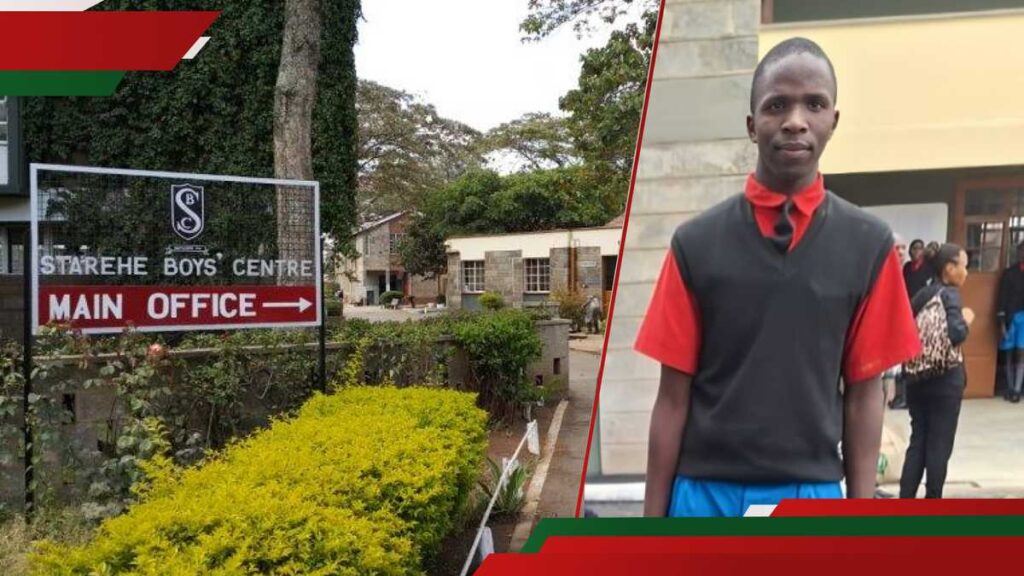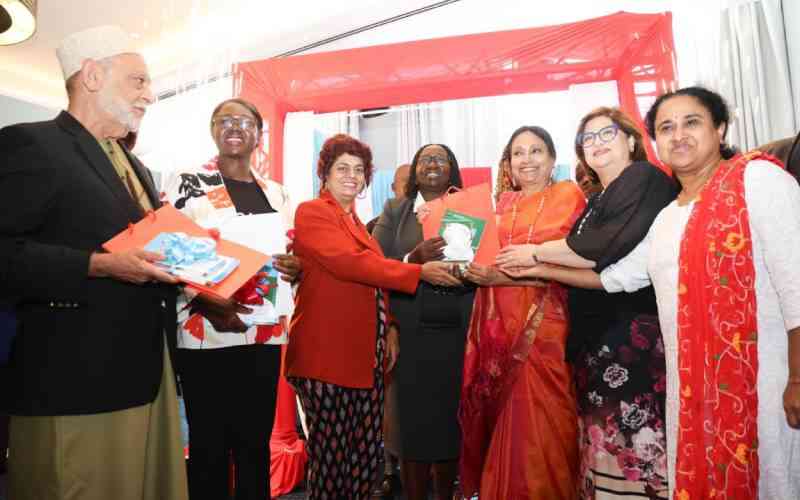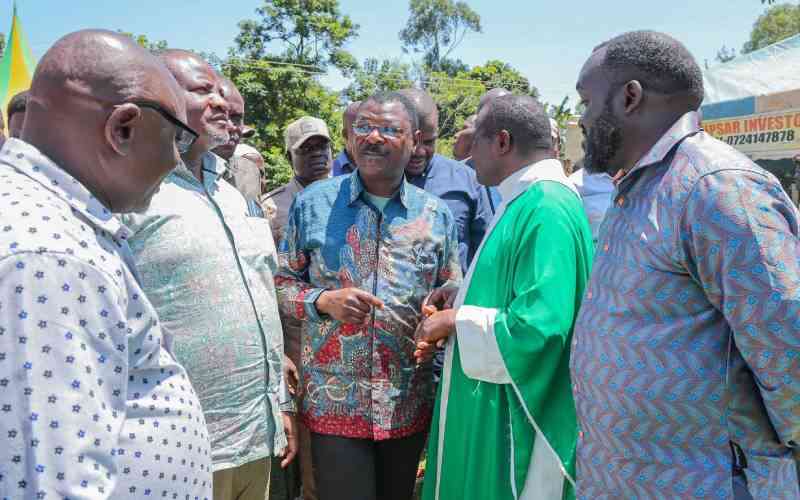Senators and Members of the National Assembly failed to agree on whether counties should receive Sh465 billion as approved by the Senate and Sh405 billion as approved by the National Assembly during mediation talks held in the Parliament building.
The Mediation team, composed of 18 members with each house represented by nine members, is set to hold another meeting on Monday in order to seek to have an agreeable figure as shareable revenue going to the 47 devolved units in the financial year 2025/2026.
The Senate is represented by Senators Ali Roba (Mandera), Boni Khalwale (Kakamega), Tabitha Mutinda (Nominated), William Kisang(Elgeyo Marakwet), Danson Mungatana(Tana River), Eddy Oketch(Migori), Mohammed Faki(Mombasa), Richard Onyonka(Kisii), and Daniel Maanzo(Makueni).
The National Assembly is represented by Samuel Atandi (Alego Usonga MP), Owen Baya (Kilifi North MP), Robert Pukose (Endebess MP), George Kariuki (Kirinyaga Central MP), Marianne Kitany (Aldai MP), Christopher Aseka(Khwisero MP), Leah Sankaire (Kajiado County MP), Naisula Lesuuda (Samburu East MP), and Zamzam Mohamed (Mombasa County MP).
Atandi who is the Co- Chairperson of the Mediation committee, said that the National Assembly was ready to increase the baseline for revenue sharing from the current Sh387 billion which counties got in the financial year 2024/2025, by Sh20 billion, meaning the Counties should be allocated Sh407 billion in the coming financial year.
“The National Assembly is willing to have the Counties receive Sh407 billion in the coming financial year, which is an improvement from the Sh405.1 billion that was approved by the house, and we urge the Senate to come down from the Sh465 billion figure,” said Atandi.
Khalwale proposed that the Senate move down from Sh465 billion to Sh450 billion, asking the National Assembly to accept that figure in the spirit of give and take so as to ensure that the interests of both the National and County Governments are taken care of.
The Kakamega Senator called for the reduction of the budget allocated to the Health, Agriculture, and Housing sectors in the National Government since these are devolved functions so that Counties can be able to get at least Sh430 billion, if not Sh450 billion, he proposed earlier.
Kisang said the Senate had approved affirmative action to 12 small counties that have been getting less than Sh6 billion so that they can be able to carry out development activities, since currently most funds go to recurrent expenditure, saying Sh435 billion will be ideal.
Oketch argued that the 36 large counties have also not been optimally developed, insisting that counties should get a minimum of Sh450 billion, which is a shift from Sh465 billion approved by the Senate, asking their colleagues in the National Assembly to support it.
Roba, who is the Co-Chairperson to the mediation team representing the Senate, called on members from both houses to work towards ensuring that activities in both levels of government do not suffer, saying there was a need for convergence for counties to function and the national government to achieve its goals.
“I would like to beseech both Senators and Members of the National Assembly to make progress in this matter since both levels of government are bound to suffer, if the Division of Revenue Allocation does not happen, County Additional Revenue Allocation will also be affected,” said Roba.
He said that Governors should be left to handle the Counties’ Aggregation and Industrial Parks because they gave counteroffers to the national government without considering where the money would come from, and that they should be left to look into ways of completing the projects.
Stay informed. Subscribe to our newsletter
The Mandera Senator said they have embraced an element of affirmative action to benefit the 12 small counties, since if they are to do a small development, they have to make some sacrifices, and that their residents might not understand why some projects are not done there.
Kariuki said that he will not support even one shilling increase going to the counties up from the Sh405 billion agreed upon if Governors do not withdraw the various court cases which they have filed against the National Assembly.
The Council of Governors, on its part, is threatening to boycott future negotiations on the Division of Revenue Bill (DORA), claiming the process has been reduced to a mere formality with predetermined outcomes.
The Division of Revenue Bill (DoRB), also known as the Division of Revenue Act (DoRA), is a key piece of legislation that, upon enactment, provides for the equitable division of revenue raised nationally between the national and county governments in every financial year.
The Governors have claimed that their participation in the Division of Revenue Bill negotiations is only to “tick the box,” arguing that the discussions have become static and largely academic, with little regard for the realities of devolution.
Council of Governors Chairperson Ahmed Abdullahi said that despite the unbundling, costing, and transfer of at least 200 functions to county governments, estimated to be worth Sh150 billion, these responsibilities are not adequately factored into the revenue-sharing formula.
“It will be meaningless to attend such negotiations if the allocation for the 2025/2026 financial year is anything to go by, as the Council of Governors had proposed Sh536 billion as the equitable revenue share for counties. According to the budget estimates presented by National Treasury Cabinet Secretary John Mbadi, counties have been allocated only Sh405 billion,” said Abdullahi.
The Wajir Governor argued that it loses all meaning if the national government unilaterally decides county allocations, pointing out that their input must be meaningful, not ceremonial, terming the latest mediation discussions between the Senate and National Assembly as being mere tokenism.
According to the proposed Division of Revenue Bill 2025, county governments are set to receive Sh405.1 billion as their equitable share of nationally raised revenue for the 2025/26 financial year, with this representing a modest increase of Sh17.6 billion from the Sh387.4 billion allocated in the 2024/25 financial year.
In the previous cycle, the Division of Revenue (Amendment) Act, 2024 allocated Sh387.4 billion to counties following a mediation process between the National Assembly and the Senate with over the past five years, the equitable share steadily rising from Sh316.5 billion in 2020/21 to Sh370 billion in both 2021/22 and 2022/23.
“The increases we have been getting fall far short of what is needed to fully support devolved functions, many of which have already been unbundled and transferred to counties—estimated to be worth at least Sh150 billion,” said Abdullahi.
The equitable share is a critical lifeline for county governments across the country, which is distributed using a formula that factors in population size, health services, agriculture, road infrastructure, and poverty levels.
During this year’s deliberations, the Council of Governors had proposed an allocation of Sh465 billion, the Commission on Revenue Allocation (CRA) recommended Sh417 billion, while the National Treasury proposed Sh405 billion.
Abdullahi, speaking on behalf of his colleagues, voiced frustration with the outcome of the Intergovernmental Budget and Economic Council (IBEC), a forum bringing together national and county governments, the Commission on Revenue Allocation, and the National Treasury.
“At the IBEC meeting, we deliberated and revised the figure capped at Sh536 billion, but the National Treasury’s earlier proposal of Sh405 billion has been retained. This is disappointing since it seems our input does not matter,” said Abdullahi.
The Council of Governors also criticized the Senate for what they termed as “lukewarm support” for counties, accusing the House of failing in its constitutional mandate to protect and defend the interests of county governments.
“The Senate has not stamped its authority in the DORA negotiations; we appear before the Finance and Budget Committee, but when things go wrong, they shift the blame to governors—yet we do not have a seat at the table during the mediation process,” said Abdullahi.
The Wajir Governor called on Senators to take a firm stand during the mediation process and insist on the Sh465 billion proposal advanced by the CoG and not accept any increment that falls below what was costed during the unbundling of devolved functions.








